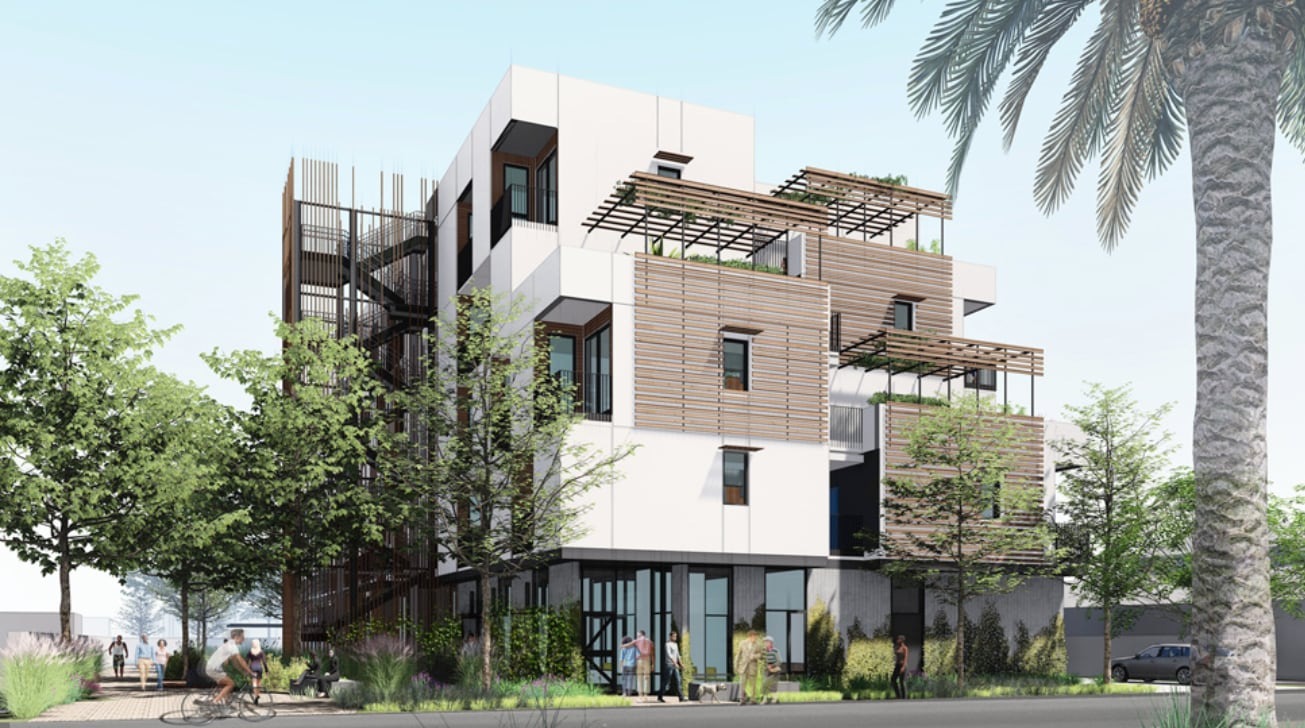Apple is proceeding in its $2.5 billion commitment to help fight the housing crisis in California, with the allocation of more than $400 million going towards affordable housing projects and homeowner assistance programs in the state in 2020.
Apple initially announced its $2.5 billion plan in November, seeking to ease the rising costs for renters and homebuyers in California. The aim was to help people buy houses, including in areas like San Francisco where house prices are escalating and homeownership is at a seven-year low.
In keeping with its plan, Apple revealed on Monday it had ring-fenced more than $400 million for the initiative, which will go to supporting first-time homebuyers and the construction of new affordable housing units. This includes a project funded in partnership with the Housing Trust Silicon Valley to create 250 new units of affordable housing across the Bay Area, and mortgage and downpayment assistance funds created in conjunction with the California Housing Finance Agency.
Apple is also assisting the additional construction of affordable housing units via a partnership with Destination: Home.
"At a time when so many members of our community are facing unprecedented challenges, we believe it's critical to make sure that their hopes for the future are supported through tangible programs and results," said Apple VP of Global Real Estate and Facilities Kristina Raspe. The VP goes on to say Apple is "proud to continue moving forward with our comprehensive plan to combat the housing crisis in California," at a time when cities and states have been forced to pause their long-term affordable housing efforts in the face of the COVID-19 pandemic.
The Apple and Housing Trust Silicon Valley partnership is moving forward with its first four projects, supporting affordable housing developments in the North, East, and South Bay regions. The units include many reserved for veterans, the homeless or formerly homeless, and residents with developmental disabilities.
The CalHFA partnership has already provided mortgage and down payment assistance to hundreds of first-time buyers, with additional benefits provided to teachers, veterans, and firefighters. The assistance program supports low- and moderate-income buyers, as well as reflecting the state's diversity, with over 65 percent of borrowers identifying as Hispanic, Black, Asian, Pacific Islander, or American Indian.
In July, a first-of-its-kind-in-California affordable housing investment support program is being launched by CalHFA and Apple, which will provide more funding for the development and construction of new low-cost housing. Apple anticipates the program will become a "critical tool" for the state of California to build affordable housing units over the next five years.
Apple's work with Destination: Home has helped fund the construction of over 1,000 new affordable and supportive housing units for vulnerable people across Silicon Valley, including a project in Santa Clara creating 80 new units for homeless seniors and those at risk of homelessness. Destination: Home's capacity for its Homelessness Prevention System has also been increased by 67%, enabling it to assist 1,500 families.
"Apple's contribution could not have come at a more crucial time, as the COVID-19 pandemic has only made our work to end homelessness that much more urgent," said Destination: Home CEO Jennifer Loving. "We were able to immediately invest their funding into several new housing developments that will provide a permanent home to vulnerable residents across the region and reinforce our Homelessness Prevention System at a time when we're seeing an unprecedented number of at-risk families in need."
 Malcolm Owen
Malcolm Owen







-m.jpg)






 Marko Zivkovic
Marko Zivkovic
 Wesley Hilliard
Wesley Hilliard
 Amber Neely
Amber Neely


 William Gallagher
William Gallagher

 Christine McKee
Christine McKee




-m.jpg)



6 Comments
So if I were lucky enough to be able to buy one of these "affordable" units are their restrictions against my flipping it for a profit? Unless "affordable" means "small and undesirable so they command a low price" this seems like a real concern. I know the SF area has a long history of rent controls, but that doesn't apply to non-rental properties, right? Just trying to see how this doesn't just become a one-time windfall for the people who are able to buy the stock of homes initially.
As a shareholder, I'd rather have the cash as dividends. CA has deep systemic issues with housing costs. I remember people fleeing there in the 1980s & 90s. This is not a new problem.